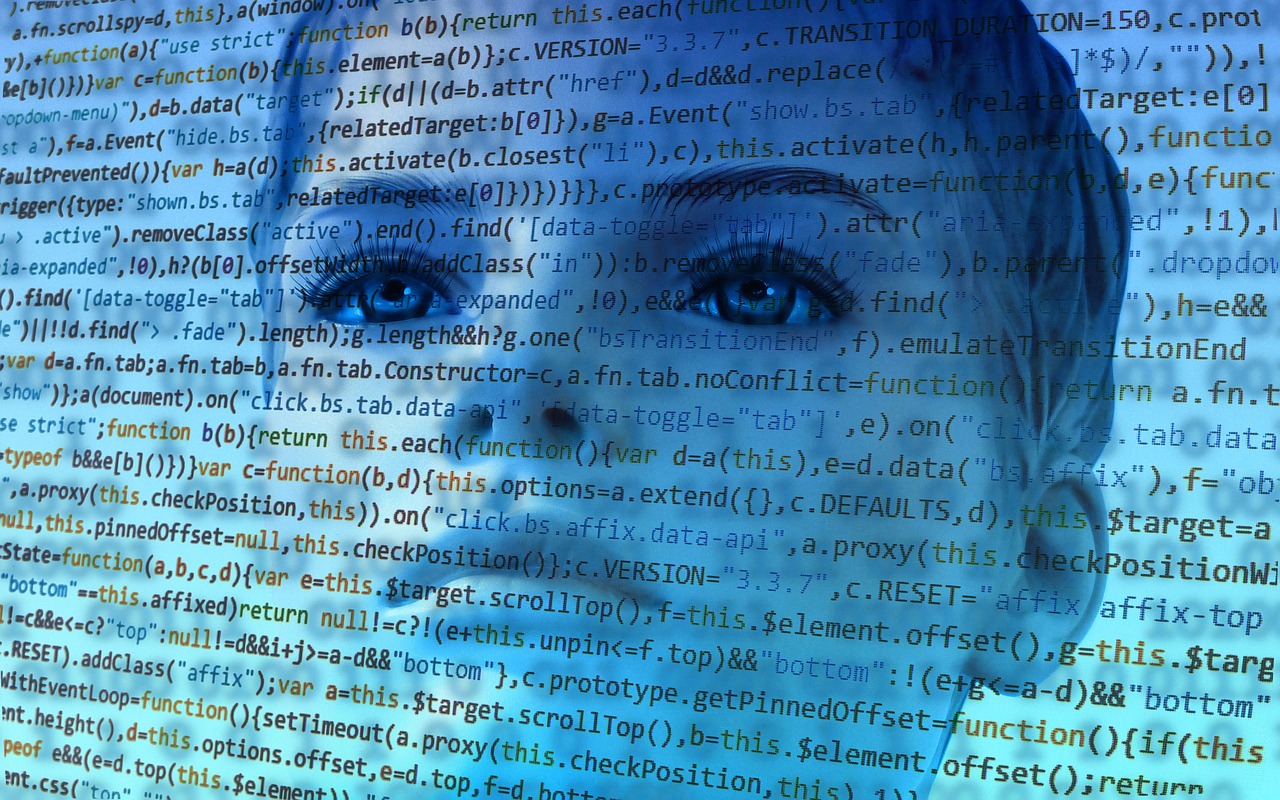Artificial intelligence, or AI, has changed the way we shop online by giving suggestions for things we may want to buy based on past purchases. It has also altered how we send and receive emails, since many platforms automatically filter messages by importance or give suggested responses due to our habits. It should come as no surprise, then, that AI naturally extends into the way we work. Let's look at how artificial intelligence is influencing the way we relate to work.
AI has changed how we search for jobs
Google is the first place many people go when searching for jobs. Now, thanks to a recent update that utilizes AI technology, locating relevant employment postings through the search engine is even simpler.
Using a service called Google for Jobs, you can enter the preferred position and location on Google and receive a list of possibilities without having to sign up at the job websites that are advertising the openings.
In this case, AI is simplifying the often-arduous job search process and helping people find relevant job openings in a more centralized manner.
AI changes how we work and the tasks we carry out
There are also many ways AI impacts what we do while at work. AI has already proven it is excellent for repetitive tasks. Some insurance companies use it to streamline the claims process and deploy chatbots to ease the workload of human customer service agents, for example.
One argument against AI asserts that the technology lacks empathy. That means it won't ever be able to perform the same way as a doctor, trying to calm a frightened patient or an irate customer that has experienced too many faults with a product or service and has run out of patience.
But, it is certain that future workforce must learn how AI can supplement skills in meaningful ways to succeed in the workplace of the future. The technology exists, and it is being used with increasing frequency to help employees complete repetitive tasks and allow them to focus on other activities instead.
Today’s technologies create opportunities for those with the necessary skills
Experts also assert that people with skills related to AI and associated technologies, such as robotics, will enjoy strong employment outlooks. They'll command more job flexibility, better salaries and other perks that are not available to people who do not have the same knowledge and have not been able or willing to adapt.
New technologies require people to learn new things. It's smart for workers to increase their knowledge base on their own. However, employers can also help fill the gap by ensuring their workers do not get left behind.
Some notable brands, such as eBay and Electronic Arts, are also turning to AI to measure employee performance. They tap into technology and make predictions about things ranging from absenteeism to whether a commute time will adversely affect performance. Theoretically, employers could also use the resources at their disposal to see where skills growth needs to occur, allowing workers to nimbly change with the times.
Artificial intelligence, robotics and similar technologies have become integrated into the way of life for the modern workforce. Employees who do not realize that and improve themselves accordingly may find it difficult to succeed in the workplace.

Share your thoughts and join the technology debate!
Be the first to comment